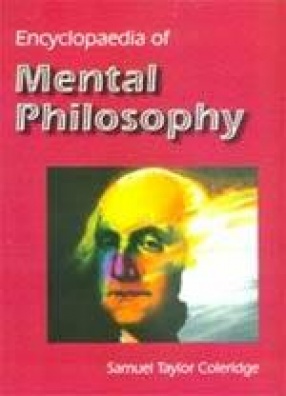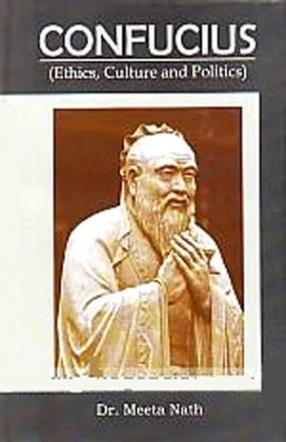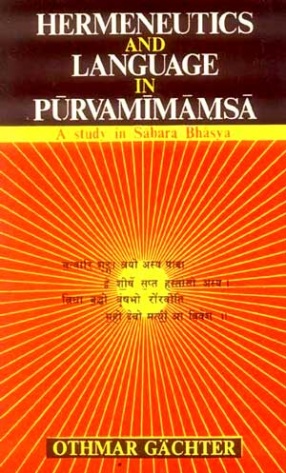This publication was devised along radical new lines, an evolutionary system envisaged by the poet, critic and philosopher Samuel Taylor Coleridge (1772-1834), ant its contributors included some of the leading scholars of the day. It represented the first attempt to bring a coherent method to the compilation of a proper reference work on Mental philosophy. Coleridge’s plan of the function and form of the ideal encyclopedia was to present information not in “random†alphabetical order but through connecting principles. Grouping information systematically, “guided by the historic sense†and with a clear view of the educational needs of the reader, it was intended, above all, to be “a methodical compendium of knowledgeâ€. The Encyclopaedia of Mental Philosophy collects all the articles that comprised the Pure Sciences in Coleridge’s system (except mathematics): grammar, logic, metaphysics, morals, law, rhetoric and theology. Eminent writers of the time such as Richard Whately and Richard Jebb contributed extensive essays. Also included is Coleridge’s seminal “Treatise on Method†that gives a full description of his theory of the compilation of encyclopedias and their usefulness for a complete education. The work has remained a classical reference source for a long time world-wide.
The Encyclopaedia of Mental Philosophy (In 2 Volumes)
In stock
Free & Quick Delivery Worldwide
reviews
Bibliographic information
Title
The Encyclopaedia of Mental Philosophy (In 2 Volumes)
Author
Edition
1st ed.
Publisher
ISBN
813070000X
Length
viii+303p., vi+545-904p., Figures; 30cm.
Subjects





There are no reviews yet.